That Land Rover has taken ownership of a BMW X1 as a Ranger Rover Evoque competitor product is to be expected. Less so are the other cars that have been in and out of Gaydon during Land Rover's development: the Mini and Audi TT.
That'll tell you a lot of what you need to know about the Evoque, in which this week we joined Jaguar -Land Rover's chief engineer, Mike Cross, for a drive around Wales.
Our test Evoque was built in May last year and spent the early part of its life disguised in full Tony-the-Tiger livery, so it looks a little scruffy around the edges. Nonetheless, the car pictured is a validation prototype, which means that the mechanicals are in their latest iteration.
Although some of the finish isn't perfect, you can tell that it'll look good. It's all very simple and clear, with a steeply raked centre console and a rotary dial to control the six-speed gearbox.
It feels more like a saloon than it does a traditional Land Rover. The seating position is a kind of hybrid between the two: more upright than a sports saloon, but more reclined than a Freelander's. That feeling is increased by the lower roof, too.
Which brings us to challenge number one: making the smallest Land Rover product share the characteristics of its biggest one. "We want the Evoque to feel agile and fun," says Cross, "yet it also has to be refined, with Range Rover levels of sophistication."
Nonetheless, this Range Rover is, ultimately, still a Land Rover product and has to perform off-road. That presents its own challenges, too.
"With a tall car the challenge is getting good roll control with an appropriate level of comfort for a Range Rover. The physics of a tall car are against you," says Cross. As the roads we're touring start to feel like proper Welsh roads, the balance between those things feels pretty good from where I'm sitting.
Cross drives smoothly yet briskly, with measured steering inputs. The Evoque gets electric power steering, which comes with benefits and drawbacks. "EPAS is good," says Cross. "It's a challenge to give it road feel, but it allows for greater tuning."
Any remaining tweaking between now and the Evoque's summer launch is mostly software-related. "[Dynamically] it's 95 per cent to where we want it to be," says Cross. "I'd like the transmission to be a bit more responsive, without being harsh. And I'd nip up the dampers a bit, if we can do it without losing the refinement and the isolation. How does it feel to you, Matt?"
As we crest another brow, brake for another bend and I wait for cabin thumps that don't arrive and roll that doesn't exist, I explain that I can't think you'd want much changed. From this side of the cabin, at least, the Evoque does a pretty good impression of a tall sports saloon rather than a low sport utility vehicle. And I suspect that's no bad place to be at all.

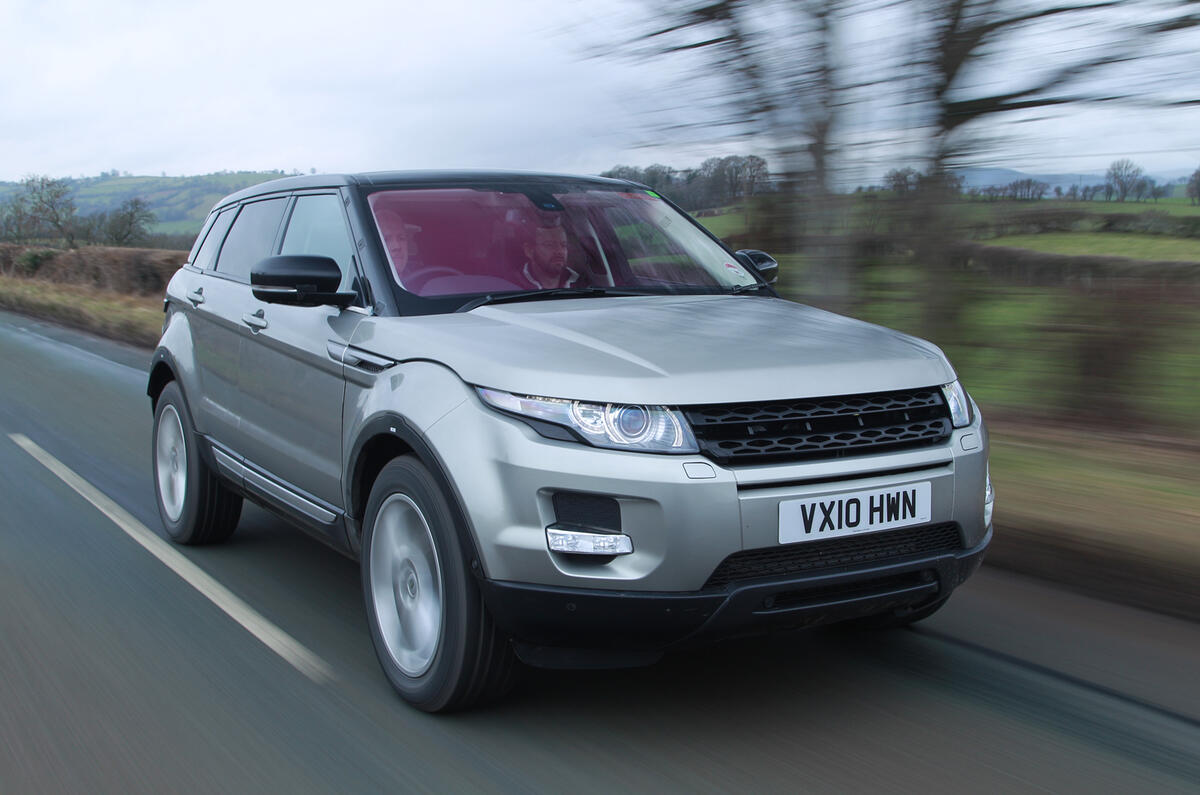
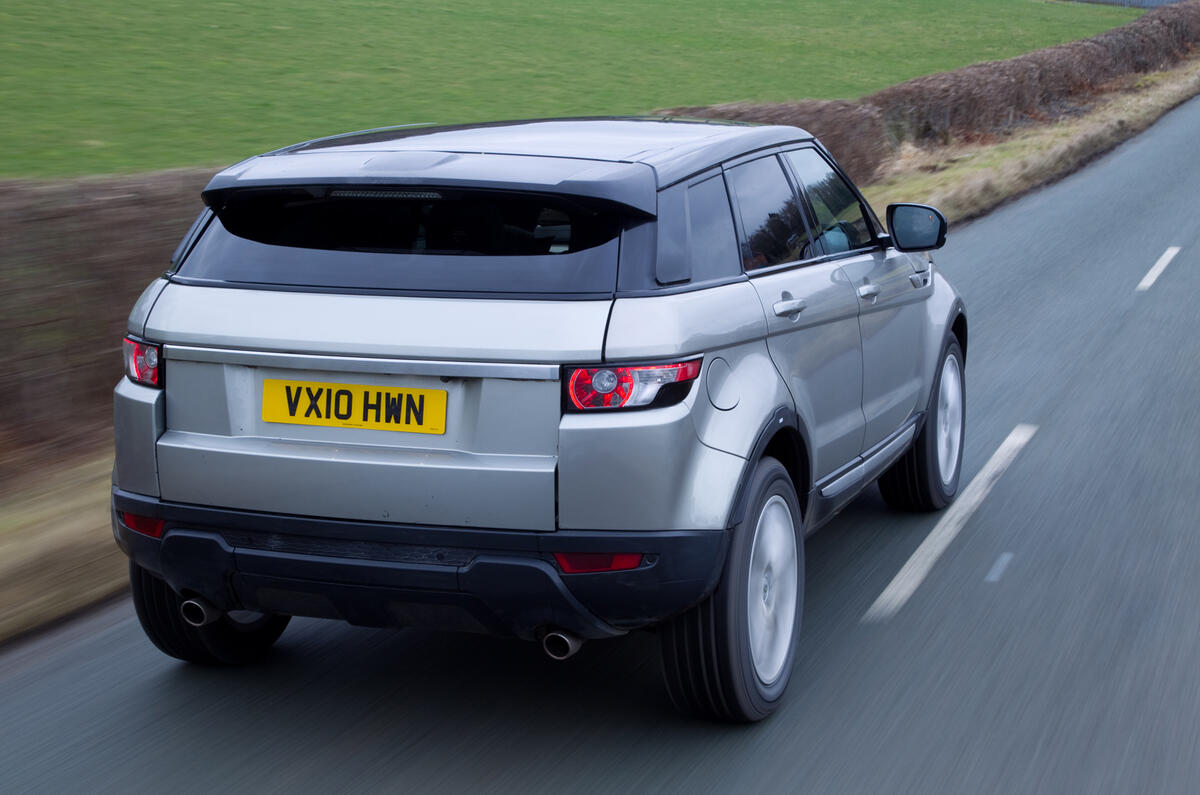
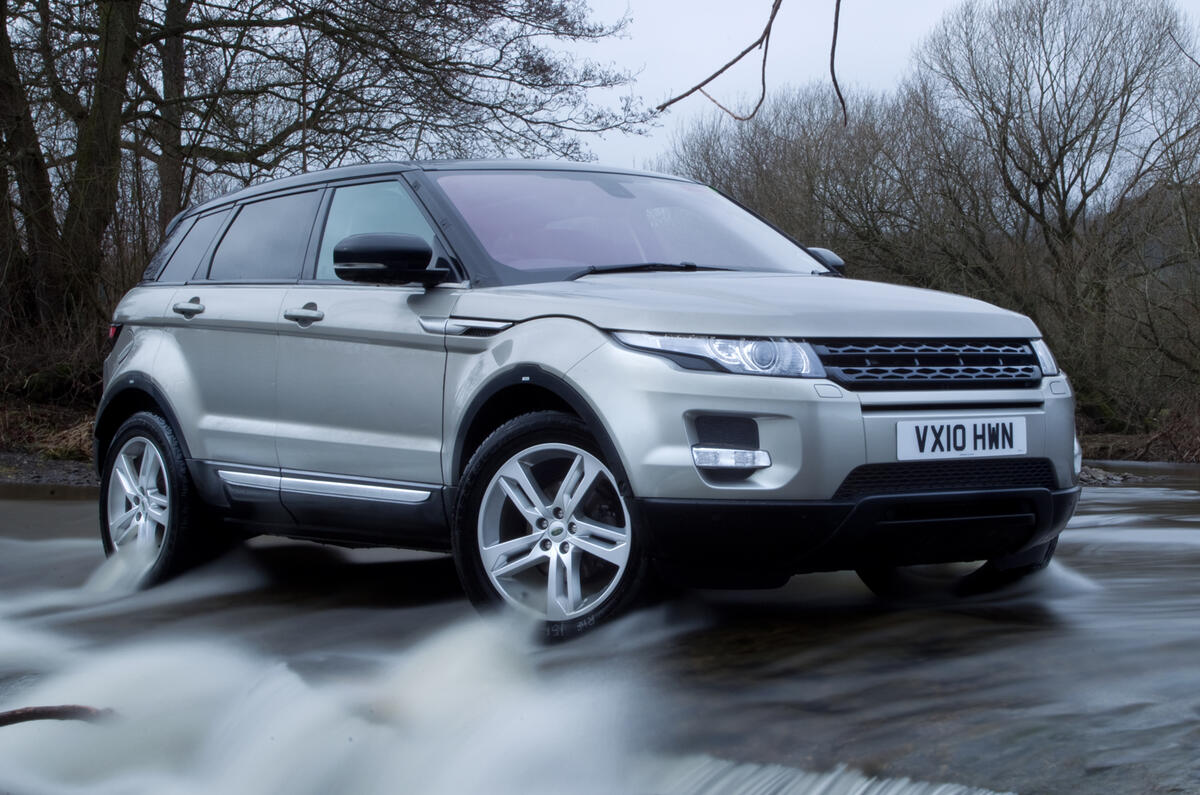
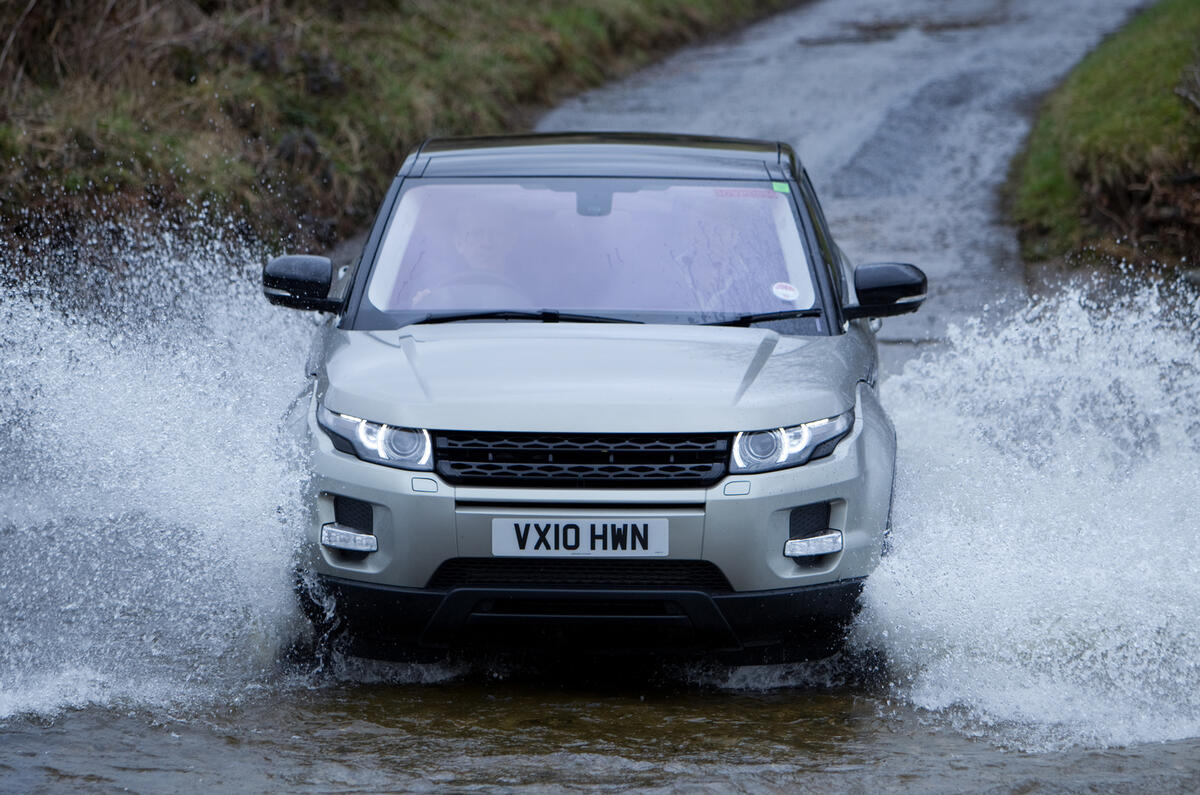
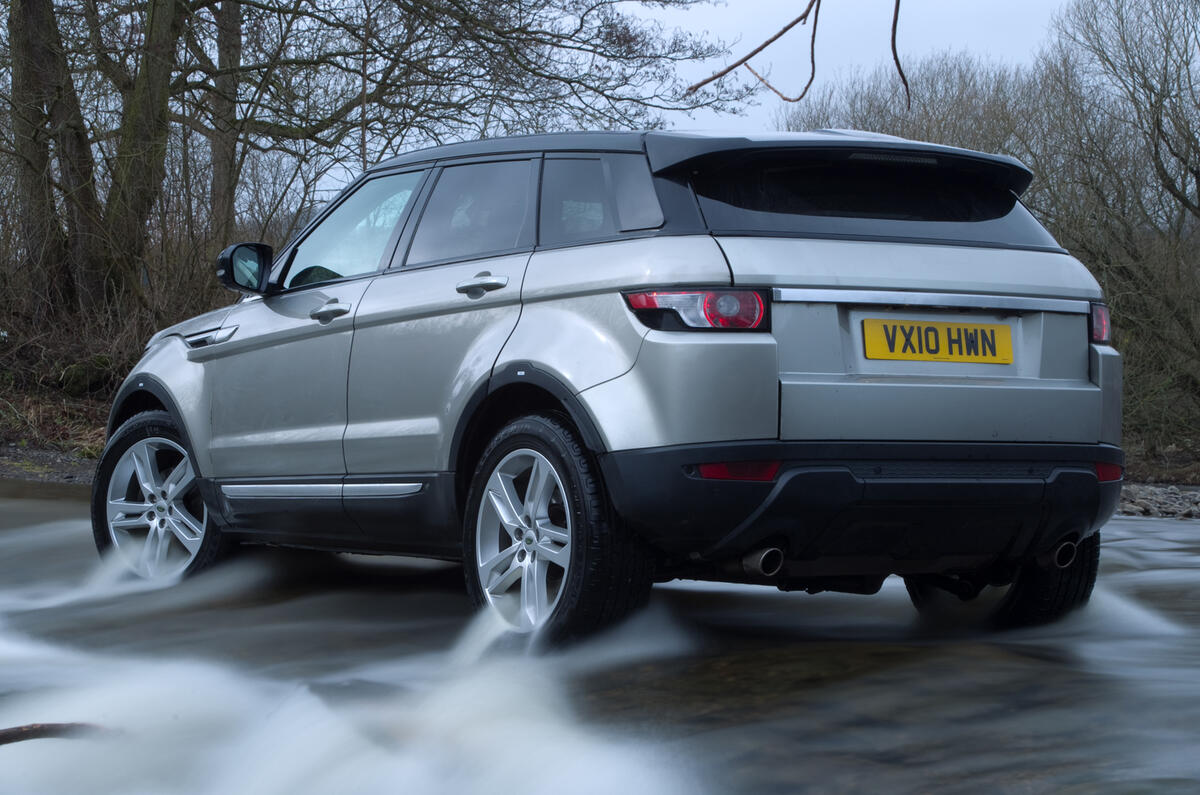
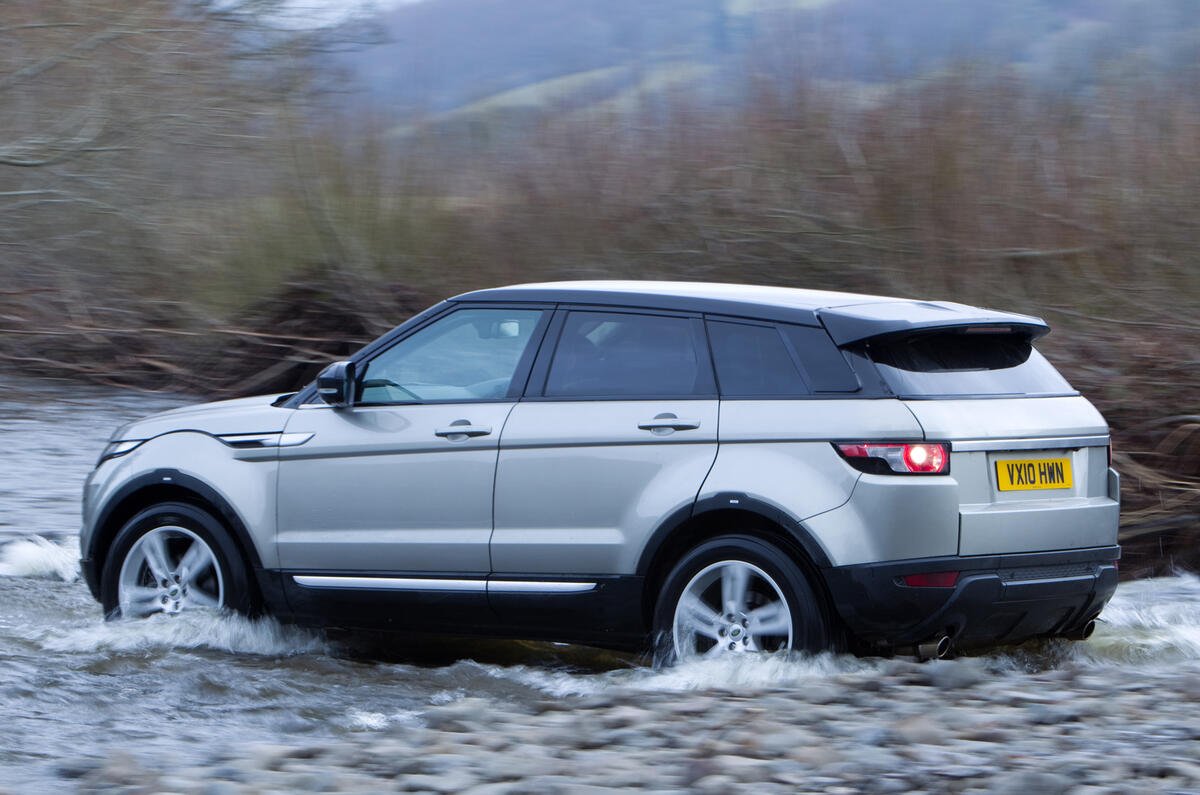
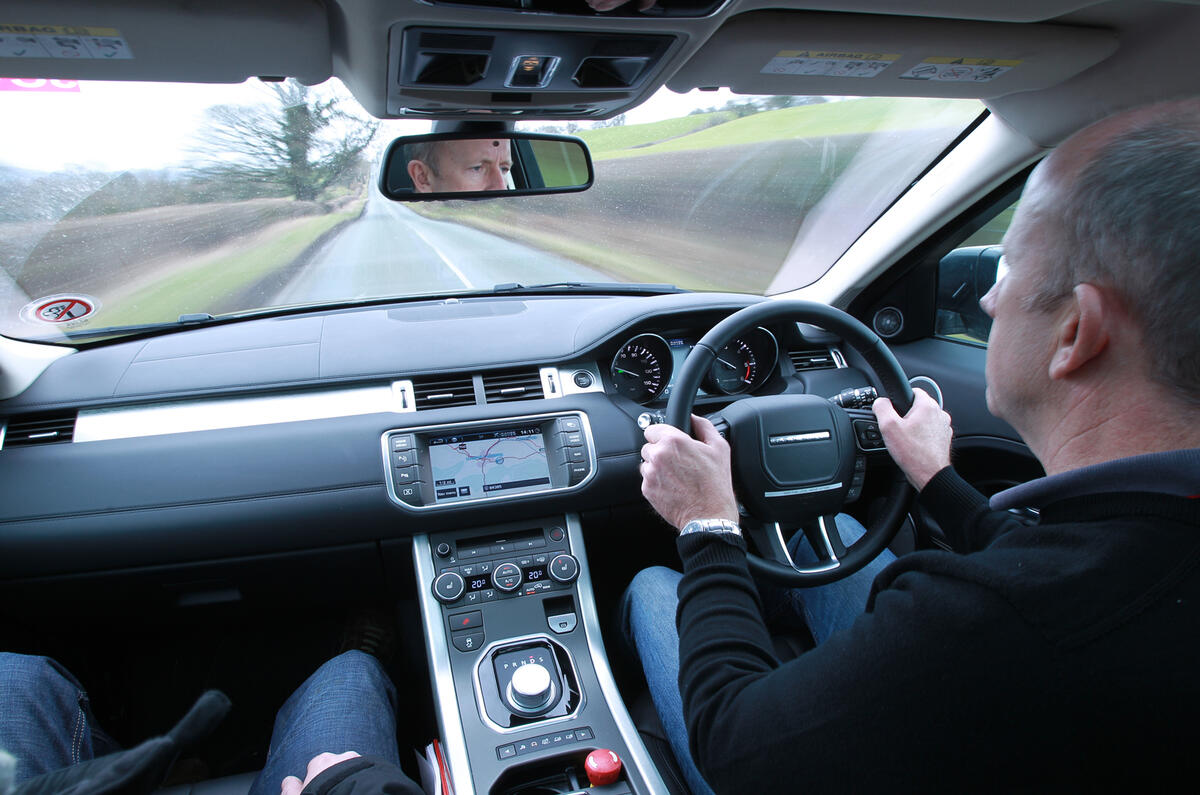
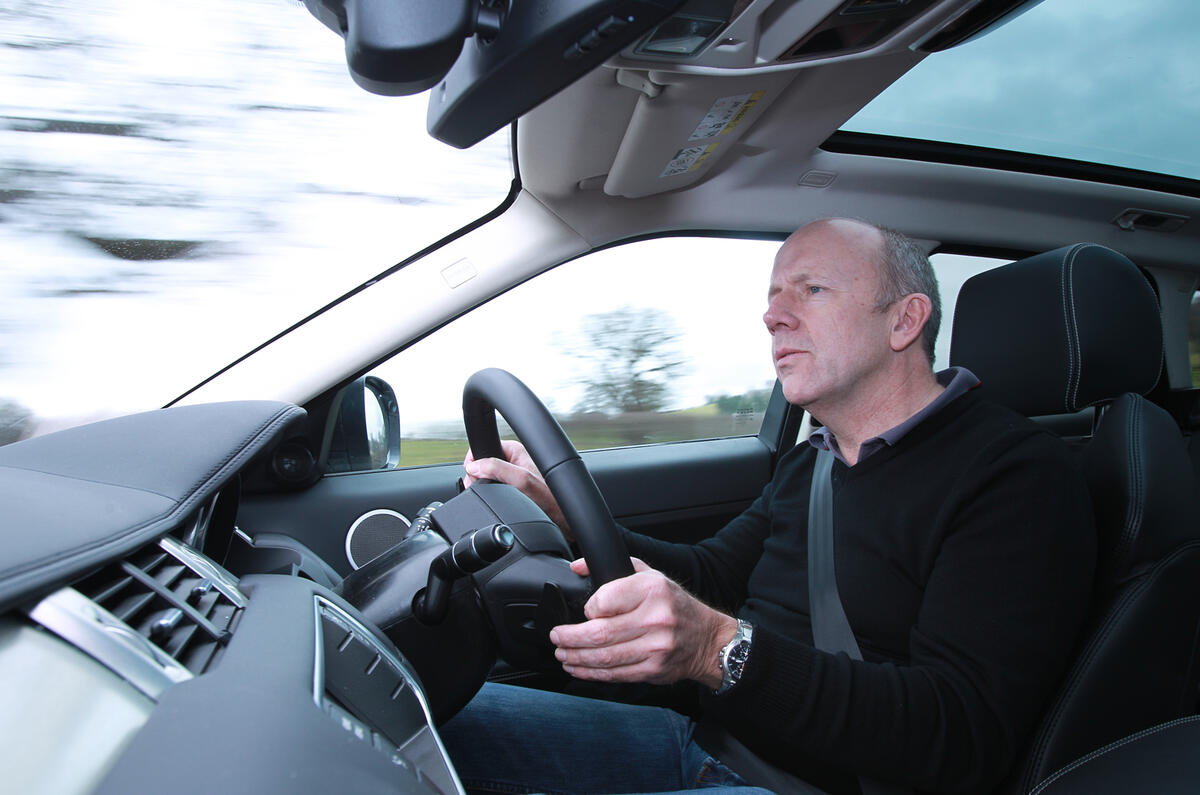

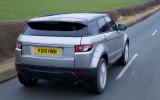
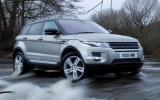
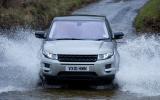









Add your comment